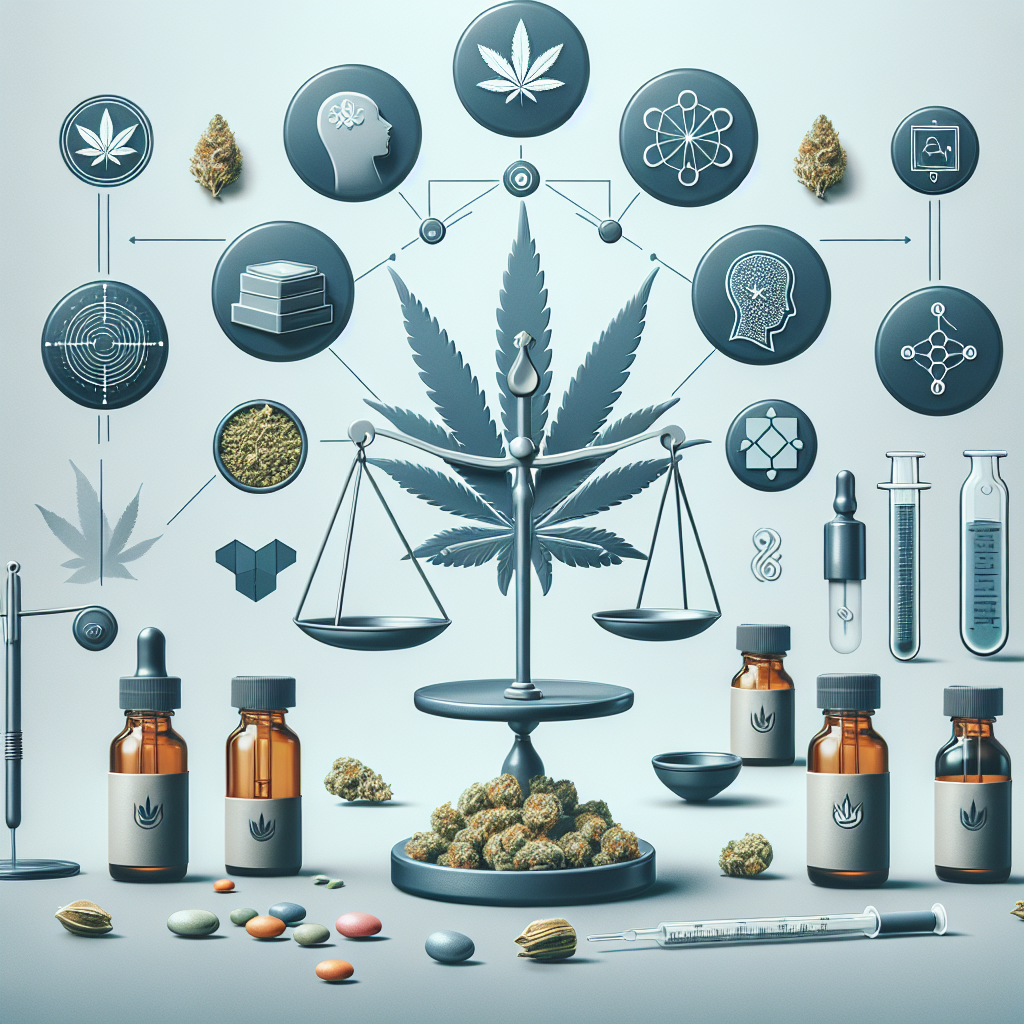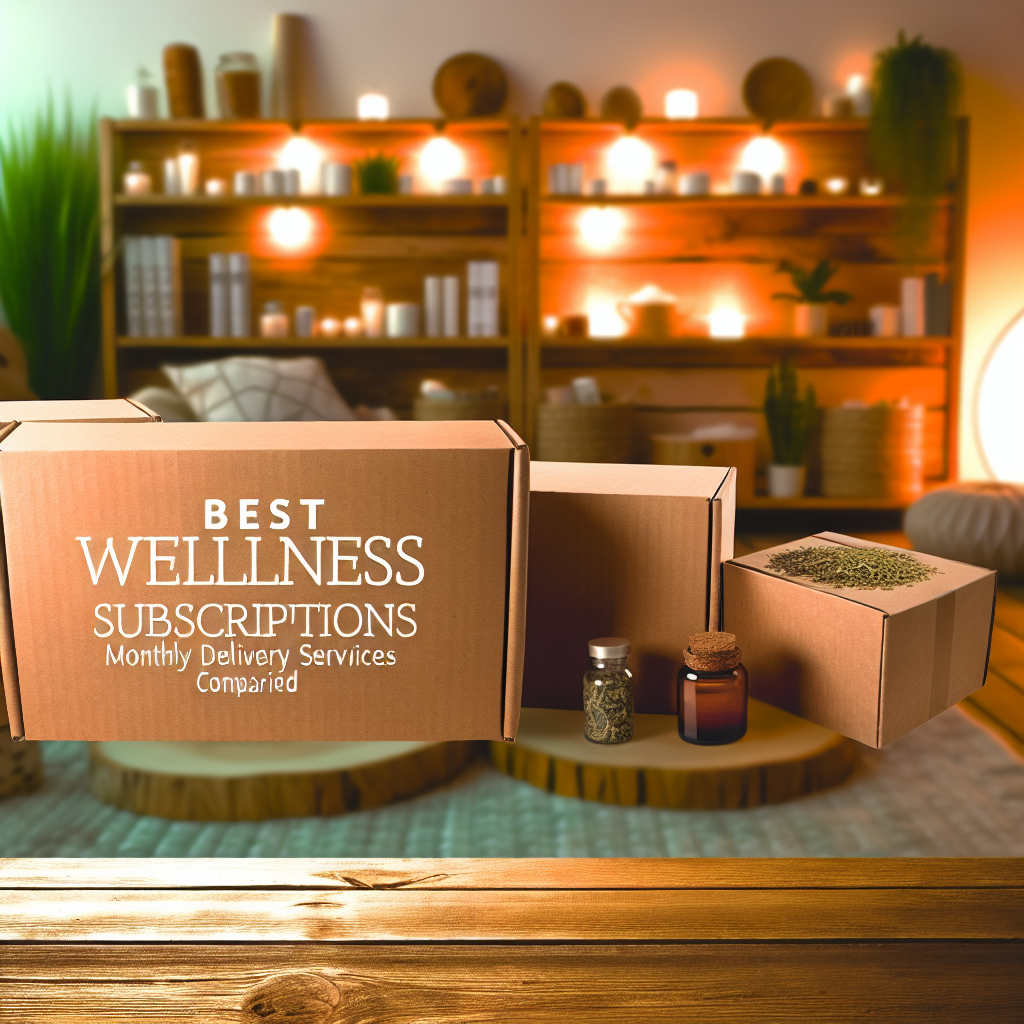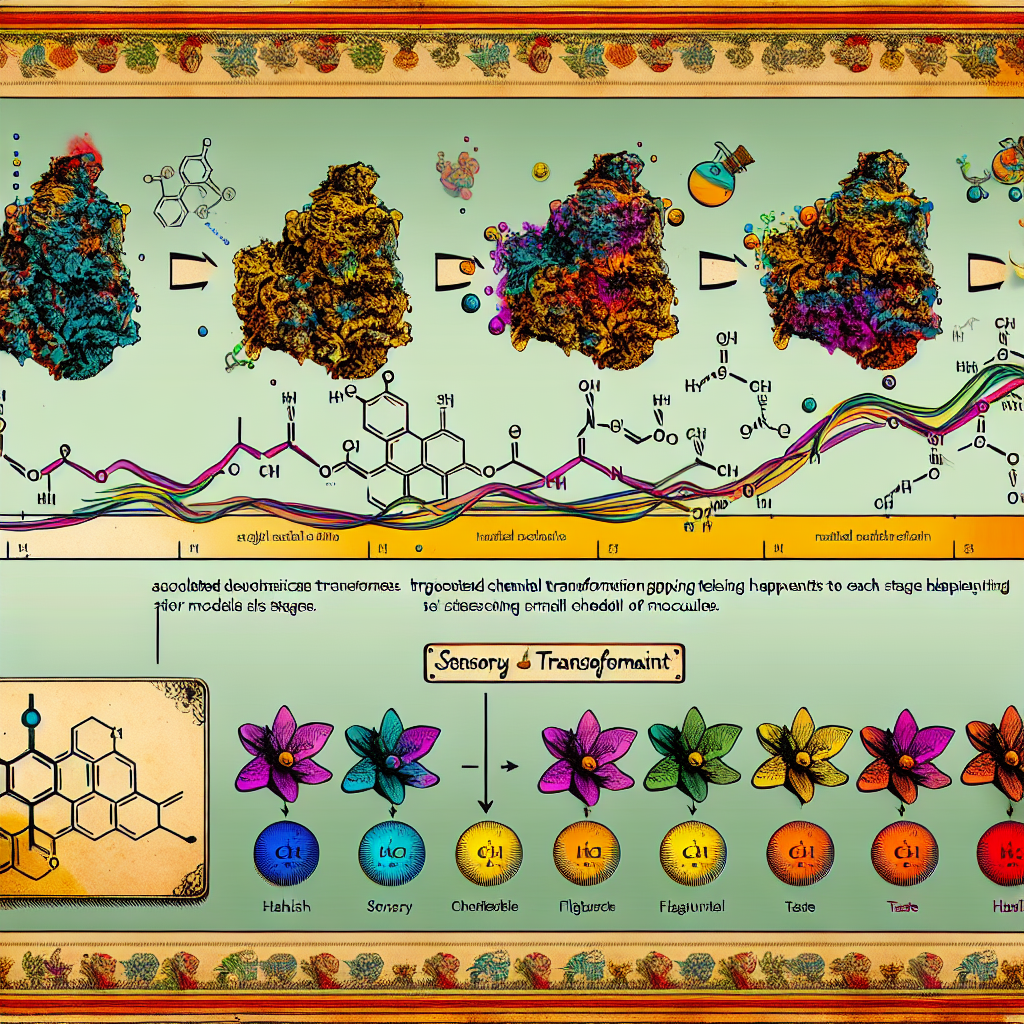Microdosing Cannabis: A Revolution in Wellness
The world of cannabis is evolving rapidly, and one of the most intriguing trends gaining traction is the practice of microdosing. By consuming very small, controlled amounts of THC or a combination of cannabinoids, users can now access therapeutic benefits without experiencing overt psychoactive effects. This approach enables individuals to harness cannabis’s therapeutic properties without feeling “high” or impaired, making it ideal for newcomers, individuals wishing to avoid overuse, or professionals seeking mental clarity.
What Is Microdosing Cannabis? A Game-Changer for Wellness
Microdosing involves taking small, precise amounts of cannabis to alleviate symptoms like anxiety, pain, and inflammation, all while maintaining full functionality throughout the day. The key to microdosing is its precision, targeting the “sweet spot” of THC or CBD consumption where positive effects peak without tipping into undesirable side effects.
Health Benefits of Microdosing Cannabis
Microdosing offers therapeutic benefits in areas such as reducing stress and anxiety, managing chronic pain, supporting brain health and neuroprotection, and leveraging the entourage effect by combining CBD and THC.
A Bright Future for Microdosing: From Taboo to Mainstream
With additional scientific research and advances in delivery systems, microdosing cannabis may soon become a cornerstone of tailored therapies, blending safety, efficacy, and balance. As the paradigm around cannabis use shifts, microdosing is becoming increasingly recognized as a legitimate wellness tool.
Summary:
Microdosing cannabis involves consuming small, controlled amounts of THC or cannabinoids to access therapeutic benefits without experiencing psychoactive effects. This approach enables users to harness the plant’s therapeutic properties while maintaining mental clarity and daily functionality. Microdosing offers benefits in reducing stress, managing chronic pain, supporting brain health, and leveraging the entourage effect of cannabinoids. As research and delivery systems advance, microdosing is poised to become a central tenet of health and wellness for both medical and recreational purposes.
References:
[1] University of Illinois at Chicago. (2017). Low doses of THC reduce stress while higher doses increase anxiety.
[2] Portenoy RK, et al. (2012). Nabiximols for opioid-treated cancer patients with poorly-controlled chronic pain. The Journal of Pain.
[3] Sarne, Y., et al. (2017). Long-term low dose treatment with THC protects the brain against cognitive decline. Frontiers in Pharmacology.
[4] Shannon, S., et al. (2019). Cannabidiol in Anxiety and Sleep: A Study in a Clinical Population. The Permanente Journal.




